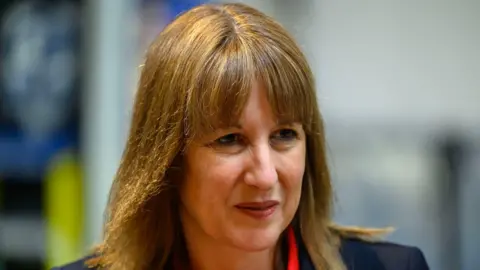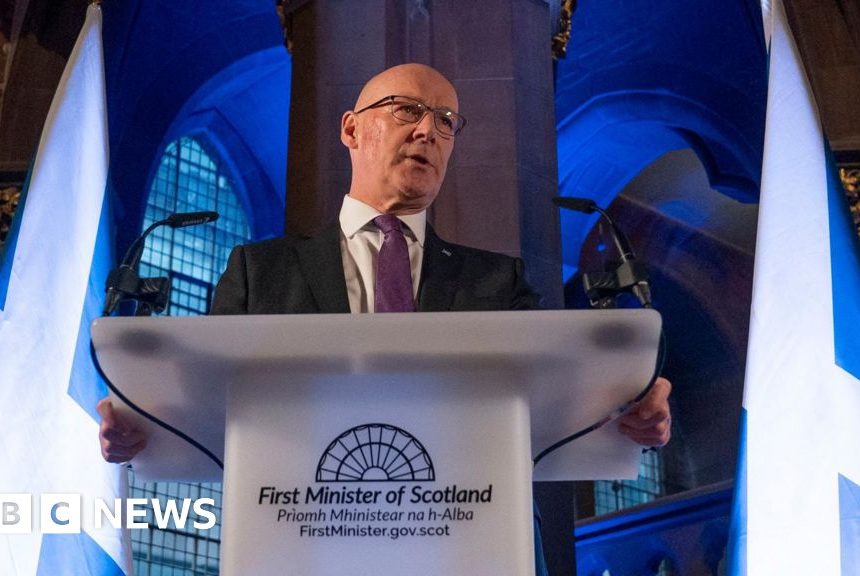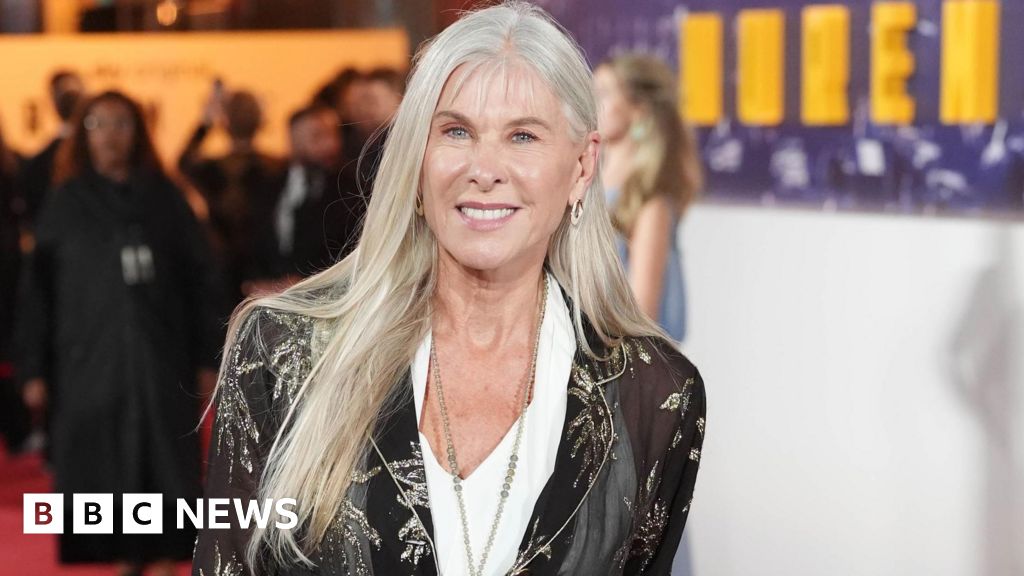Paul SeddonPolitical reporter ,
Joshua NevettPolitical reporter and
Henry ZeffmanChief political correspondent
 PA Media
PA MediaRachel Reeves has said she is looking at “further measures on tax” ahead of next month’s Budget, in the clearest sign yet that tax hikes are on the way.
The chancellor also said she was considering further measures on public spending, in a bid to put the UK’s finances on a firmer footing.
Speaking to broadcasters ahead of an international finance summit in the US, she added that she would “continue to prioritise economic and fiscal stability”.
The chancellor is widely expected to raise taxes at the Budget on 26 November, after gloomy economic forecasts and a series of U-turns on welfare cuts made it harder for her to meet her own tax and spending rules.
Reeves announced tax rises worth £40bn a year at her first Budget last November, including hikes to payroll taxes paid by employers, and insisted she would not have to repeat the move in subsequent years.
But the chancellor is now facing the prospect of another repair job to the public finances, after rises to borrowing costs and expected downgrades to the productivity of the UK economy.
Some analysts have estimated Reeves will have to raise taxes or cut spending by around £20bn to meet her “non negotiable” financial rules.
These rules mean her plans must be projected to get government debt falling as a share of national income by 2029-30; and day-to-day government costs must be paid for by tax income, rather than borrowing.
Speaking to broadcasters in Washington DC ahead of the the International Monetary Fund (IMF) annual meeting, the chancellor said: “I’ve always been very clear that we will continue to prioritise economic and fiscal stability in the UK.”
Asked whether she would have to raise taxes, she replied: “As we get the forecast, and as we develop our plans, of course we are looking at further measures on tax and spending, to make sure that the public finances always add up.”
In an earlier interview with Sky News, Reeves said austerity policies and former Prime Minister Liz Truss’s mini-budget had damaged the UK economy.
She also sought to blame Brexit, adding that the economic effects of the UK’s exit from the EU had been “severe and long-lasting”.
It is likely that in the weeks before the Budget, as Reeves learns more about how much money she needs to raise and makes decisions about how to do it, she and other ministers will become more explicit still about the direction of travel.
The additional suggestion of spending cuts by Reeves is intriguing – many Labour MPs believe that spending cuts in most areas would be politically unviable after the failed attempts at welfare cuts earlier this year, although the government could promise to cut spending in four or five years.
In her speech to Labour conference last month, Reeves said the government was facing difficult choices and promised she would not take risks with the public finances.
The chancellor pledged to keep “taxes, inflation and interest rates as low as possible” – but has reduced her options by promising at the last election not to hike the biggest revenue-raising taxes.
Labour promised in its 2024 manifesto not to raise income tax rates, VAT, a sales tax, and corporation tax, which is paid by companies on their profits.
The party also promised not to raise National Insurance – prompting a row last autumn when it announced the rise in the contributions paid by employers.
On Monday, the International Monetary Fund (IMF) said the UK was set to be the second-fastest-growing of the world’s most advanced economies this year.
But the IMF also predicted the UK will face the highest rate of inflation among G7 nations both this year and next, driven by rising energy and utility bills.
Shadow chancellor Sir Mel Stride said the government needed to get a grip on public spending, rather than raise taxes again.
He said: “Be in no doubt, this tax doom loop is down to the Chancellor’s economic mismanagement.
“Under Rachel Reeves we have seen inflation double, debt balloon, borrowing costs at a 27-year high, and taxes up – with more pain on the way in the autumn.”




